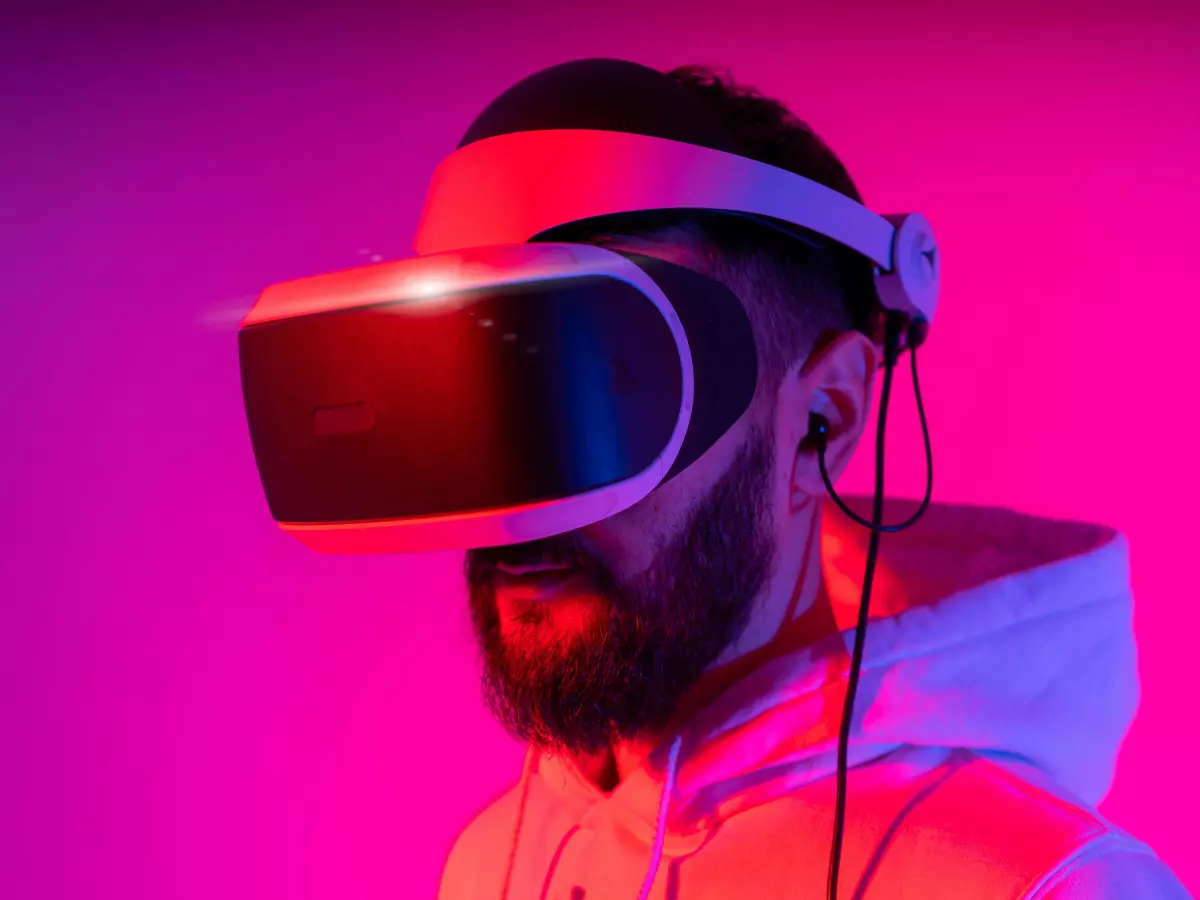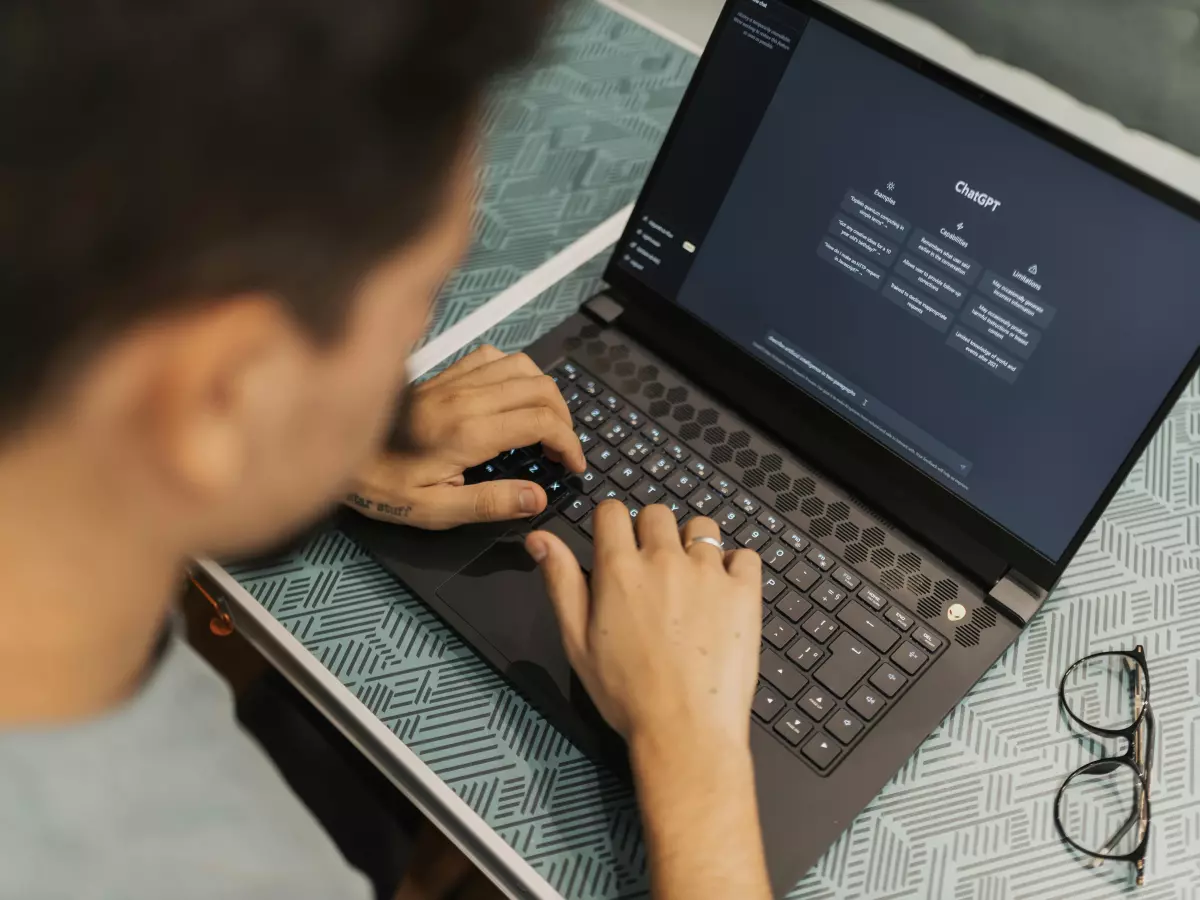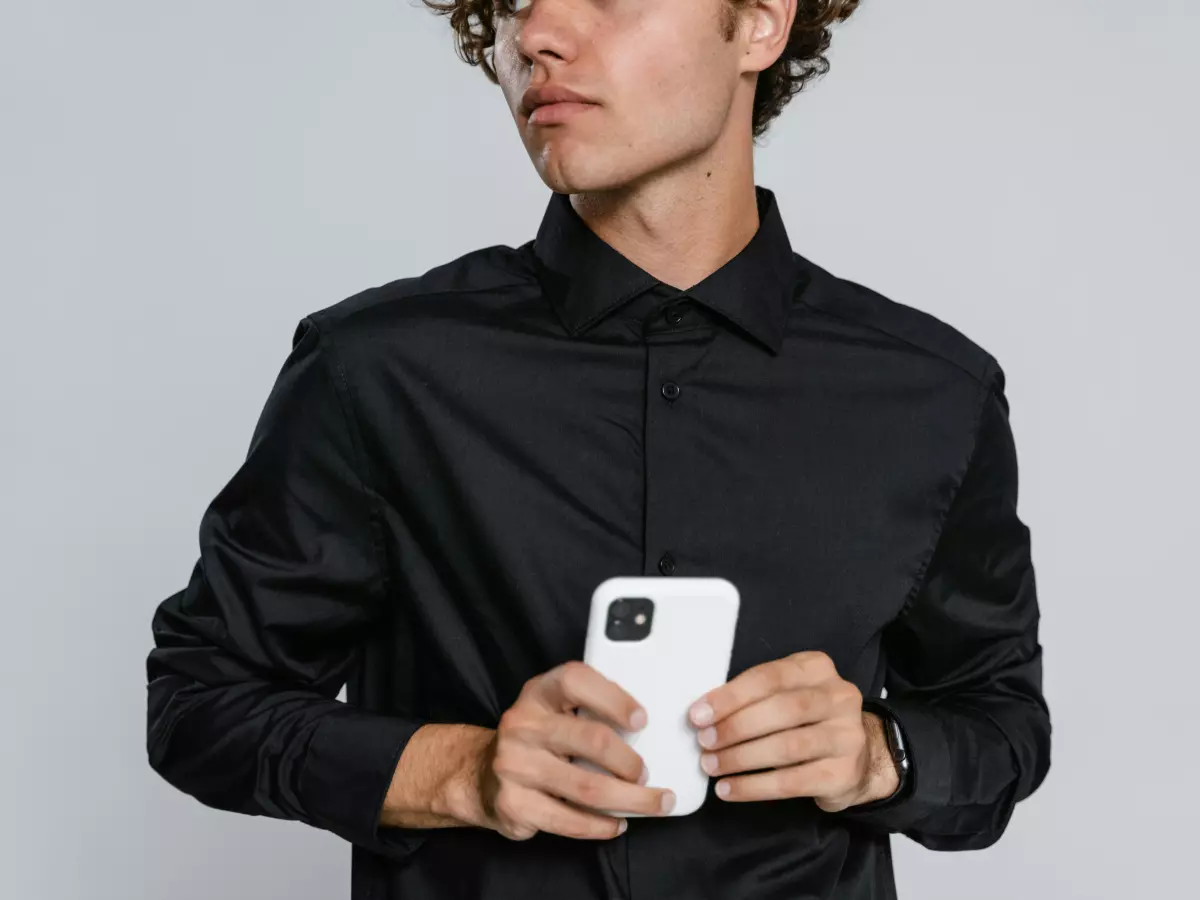AI-Powered Battery Magic
Imagine you're in the middle of a long road trip, relying on your smartphone for navigation, music, and maybe even a few games to pass the time. But as the hours tick by, your battery percentage starts to plummet. What if your device could intelligently manage its power, extending its life just when you need it most?

By Marcus Liu
In 2023, the average smartphone battery life is around 10-12 hours of active use. But here's the kicker: thanks to AI, some devices are squeezing out even more juice without needing a bigger battery. AI is quietly working behind the scenes, optimizing everything from app usage to screen brightness to ensure your gadget lasts longer. It's like having a personal assistant for your battery—one that never sleeps.
So, how does this AI magic happen? Well, it's all about learning your habits. AI algorithms analyze how you use your device—when you check your email, how often you scroll through social media, or when you binge-watch Netflix. Based on this data, the AI can predict when you're going to need more power and when it can afford to save some juice. This is called 'adaptive battery management,' and it's one of the most exciting ways AI is transforming consumer electronics.
Adaptive Battery Management: The Power Saver You Didn't Know You Had
Let's break it down. Adaptive battery management uses machine learning to understand your usage patterns. Over time, your device learns which apps you use frequently and which ones you barely touch. It then allocates power accordingly. For example, if you always open Instagram at 8 AM, the AI will ensure that the app is ready and running smoothly at that time. But if you haven't opened that random game you downloaded three months ago, the AI will limit its background activity, saving precious battery life.
Another trick up AI's sleeve is optimizing screen brightness. Instead of relying on a simple ambient light sensor, AI can adjust the brightness based on your habits and preferences. Maybe you like your screen a little dimmer when you're reading at night, or perhaps you prefer it brighter when you're outdoors. AI learns these preferences and adjusts the brightness automatically, saving power without you even noticing.
AI and Power-Hungry Apps: A Match Made in Heaven?
We've all been there—you're using an app, and suddenly, your phone feels like it's about to melt in your hand. That's because some apps are notorious battery hogs, especially games or video streaming services. But AI can help here too. By monitoring how these apps consume power, AI can throttle their performance when you're not actively using them. For example, it might reduce the frame rate of a game running in the background or pause a video stream when you're not watching.
But it's not just about cutting power to apps. AI can also optimize how apps use your device's hardware. For instance, it can manage how much processing power is allocated to an app, ensuring that your CPU and GPU aren't working harder than they need to. This not only saves battery but also keeps your device running cooler—no more burning hands!
AI Beyond Smartphones: Laptops, Wearables, and More
While smartphones are the poster child for AI-powered battery management, the technology is making its way into other gadgets too. Take laptops, for example. Many modern laptops now use AI to manage power consumption, especially when you're running resource-heavy tasks like video editing or gaming. The AI can intelligently switch between high-performance and power-saving modes, depending on what you're doing.
Wearables like smartwatches are also benefiting from AI. Since these devices have smaller batteries, efficient power management is even more critical. AI helps by learning when you're most active and adjusting features like heart rate monitoring or GPS tracking accordingly. So, if you're sitting at your desk, your smartwatch won't waste battery tracking your every move. But when you hit the gym, it'll ramp up the sensors to give you accurate data.
The Future of AI-Driven Battery Tech
As AI continues to evolve, we can expect even more sophisticated battery management systems. Imagine a future where your device not only learns your habits but also predicts when you'll need more power based on external factors like your calendar or location. Heading to a meeting? Your phone might automatically enter a low-power mode to ensure it lasts through the day. Going on a long flight? Your laptop could optimize its power settings to give you just enough juice to finish that movie marathon.
In the end, AI isn't just about making your gadgets smarter—it's about making them last longer. And who wouldn't want that?





